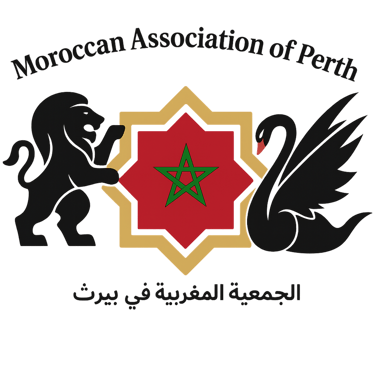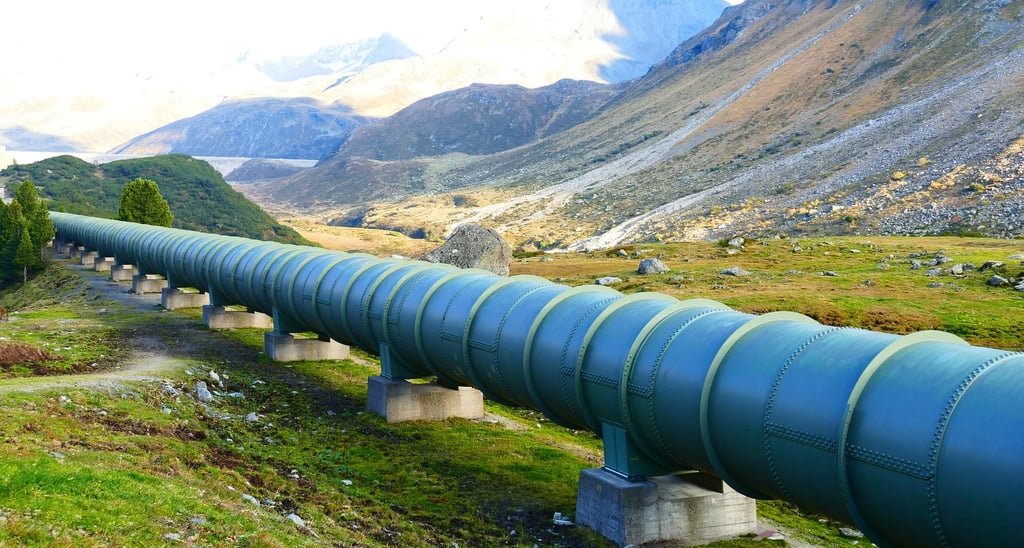

Economy
A diverse and steadily growing economy driven by agriculture, tourism, mining, and manufacturing, with increasing investment in renewable energy and infrastructure.
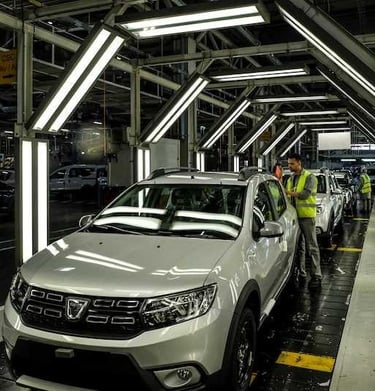

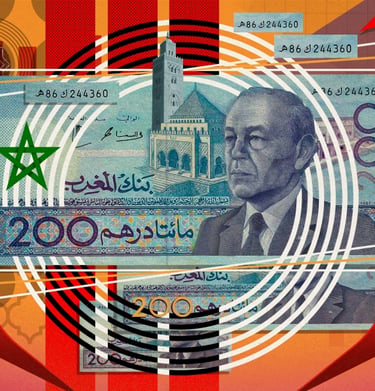

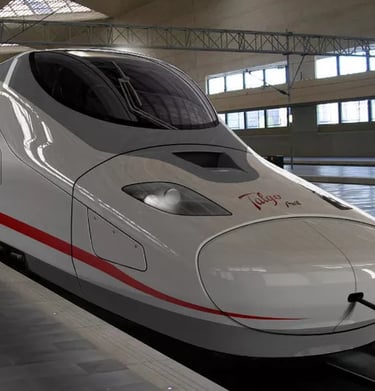

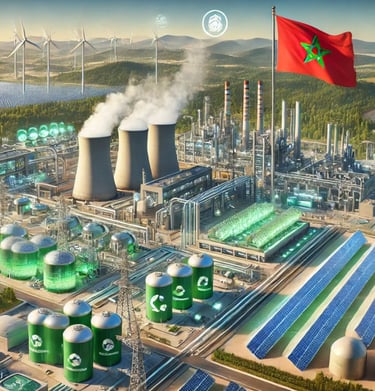

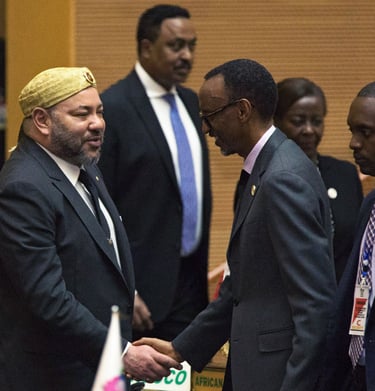

The Moroccan Economy: A Rising Power in North Africa
The Moroccan economy has experienced significant transformation over the past few decades, positioning itself as one of the most dynamic economies in North Africa. With a strategic location, a diverse economic base, and robust growth, Morocco is on a steady path towards becoming a regional leader in sectors such as agriculture, tourism, mining, and renewable energy.
Key Economic Sectors
1. Agriculture: The Backbone of the Economy
Agriculture has long been a cornerstone of Morocco’s economy, contributing significantly to GDP and employment. The country is a major exporter of agricultural products, with key exports including citrus fruits, olives, and tomatoes. The government’s commitment to agricultural development is exemplified by the Green Morocco Plan, a strategy to boost agricultural output, improve water usage efficiency, and increase investment in rural areas. This initiative has been crucial in enhancing Morocco’s food security and ensuring that the agricultural sector remains competitive on a global scale.
2. Tourism: A Global Attraction
Tourism plays a vital role in Morocco’s economic development. The country’s rich cultural heritage, stunning landscapes, and diverse offerings from the Atlas Mountains to the Sahara Desert make it a top destination for international travelers. Morocco attracts millions of visitors annually, contributing to its growing service sector and providing jobs for a large segment of the population. The Moroccan government has launched initiatives to diversify its tourism offerings, including developing eco-tourism, cultural tourism, and medical tourism, aiming to increase visitor numbers and revenues in the coming years.
3. Mining: A Source of Wealth
Morocco is a leading player in the global mining sector, particularly in phosphate production. The country is home to some of the world’s largest phosphate reserves, and phosphates remain a key export. This resource has allowed Morocco to become a critical supplier in the global agricultural industry, as phosphates are essential for fertilizer production. Alongside phosphates, Morocco also produces a variety of other minerals, such as lead, zinc, and silver, which continue to contribute to the country’s economic diversification.
4. Manufacturing and Industry: A Growing Sector
Over the years, Morocco has made significant strides in industrialization. The manufacturing sector, including textiles, automotive, and electronics, has become increasingly important to the economy. Morocco has become a key production hub for automotive and aerospace industries, attracting multinational companies such as Renault and Boeing. This growth in manufacturing and industrial exports has created jobs, increased foreign direct investment (FDI), and bolstered Morocco’s international trade relations.
5. Renewable Energy: A Vision for the Future
Morocco is emerging as a leader in renewable energy in Africa. With a growing commitment to sustainability, the country has invested heavily in solar and wind energy, becoming one of the leading producers of renewable energy on the continent. The Noor solar power plant, one of the world’s largest concentrated solar power plants, is a prime example of Morocco’s dedication to achieving energy independence and reducing carbon emissions. Morocco’s forward-thinking energy policies aim to source over 50% of its energy needs from renewable sources by 2030, further positioning the country as an energy hub.
Economic Growth and Challenges
Morocco’s economy has demonstrated impressive growth, with GDP growth rates averaging around 4% in recent years. However, challenges remain, including high unemployment rates, particularly among young people, and regional disparities in income and development. Morocco has also faced external economic pressures due to fluctuations in global commodity prices, trade imbalances, and the impact of the COVID-19 pandemic on tourism and manufacturing.
To address these challenges, Morocco has focused on economic reforms aimed at improving education, enhancing infrastructure, and diversifying its economy further. Investments in infrastructure, including the expansion of ports, railways, and airports, are designed to boost connectivity and attract foreign investment.
The Road Ahead
Looking ahead, Morocco’s economy is well-positioned for continued growth. With a young and growing population, a stable political environment, and a strategic location between Europe, Africa, and the Middle East, Morocco is poised to play a critical role in regional and global trade. The government’s focus on innovation, sustainability, and economic diversification is expected to attract further foreign investment and create new opportunities for Moroccan businesses and entrepreneurs.
By capitalizing on its strengths in agriculture, tourism, mining, and renewable energy, Morocco aims to build a resilient and diversified economy capable of weathering global economic challenges. With ongoing investments in human capital, infrastructure, and technology, the Moroccan economy is set for continued growth in the decades to come.
Moroccan Association of Perth
Bridging Morocco and Australia through culture and community.
Newsletter
© 2024 - 2025. All rights reserved.
We acknowledge the Whadjuk Noongar people as the Traditional Custodians of the land on which we live and work. We pay our respects to Elders past and present.
Visit our Forest:
Our Stripe Climate Page:
